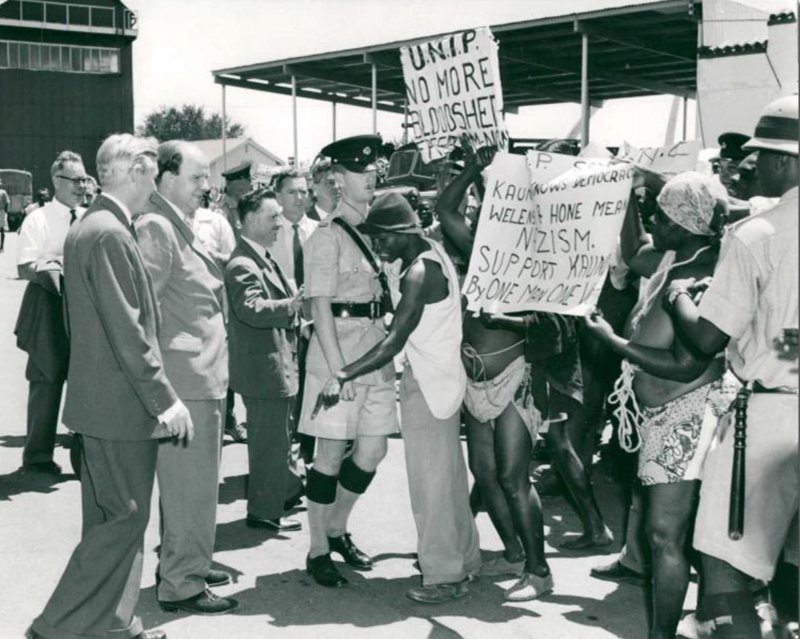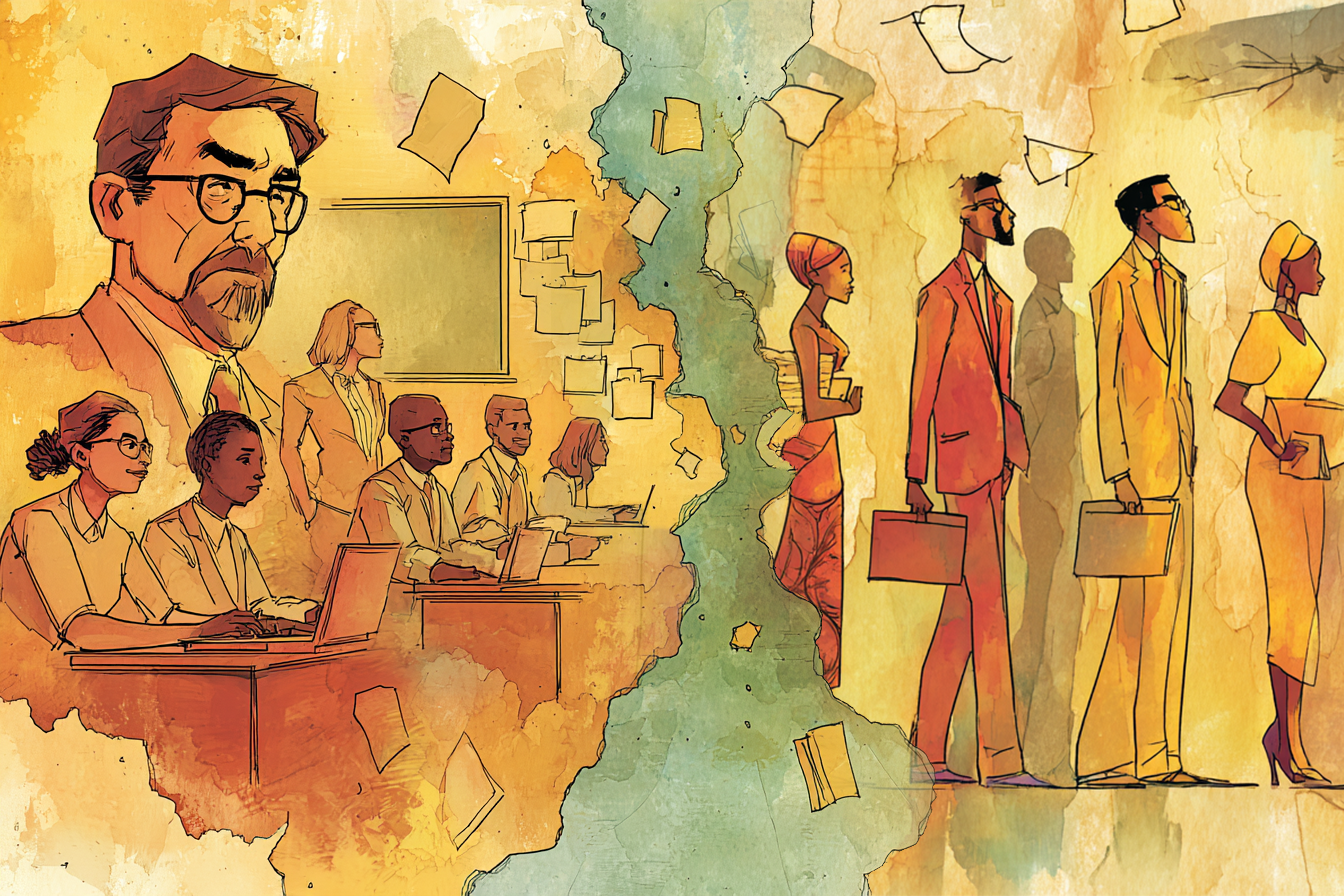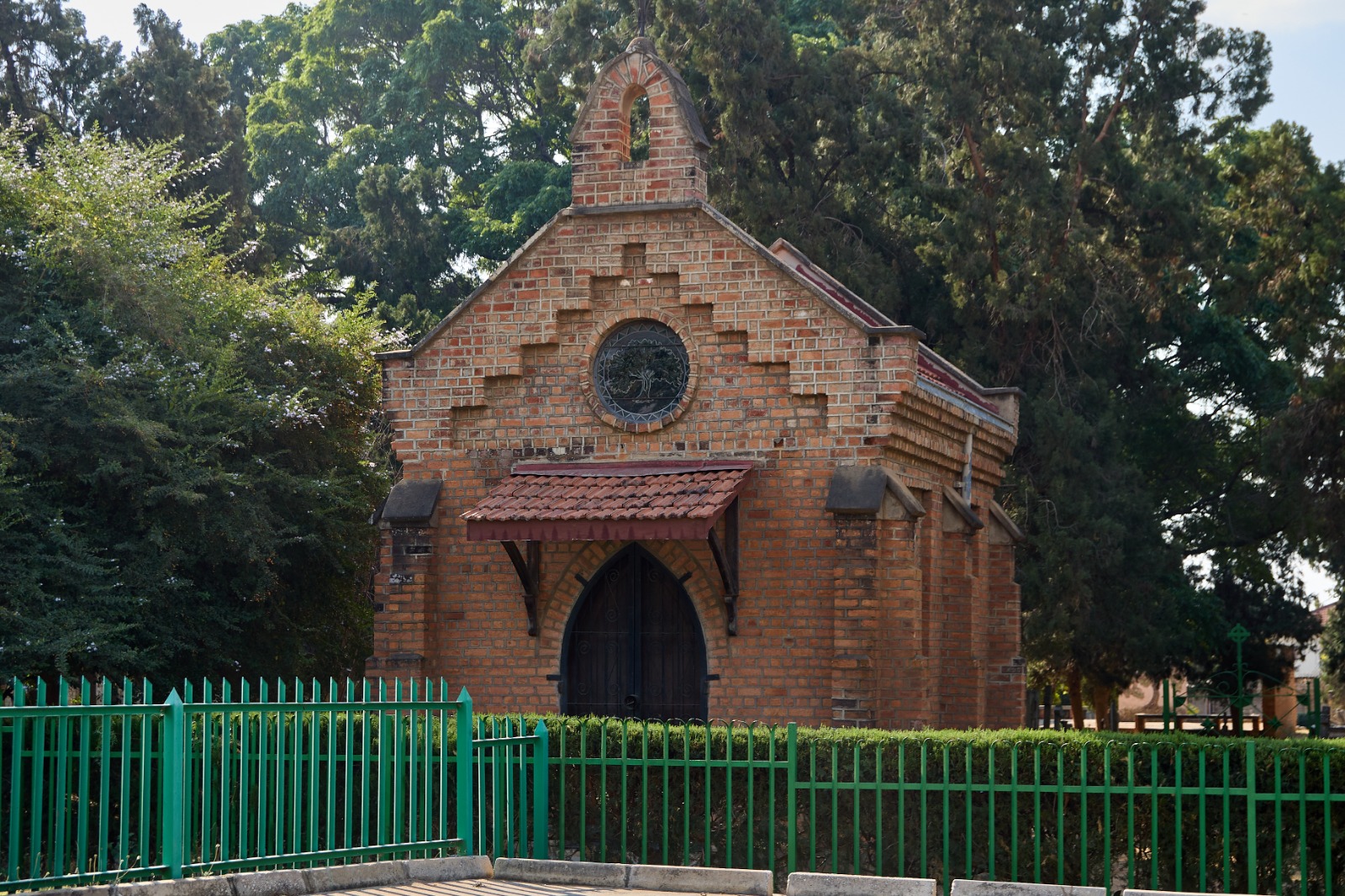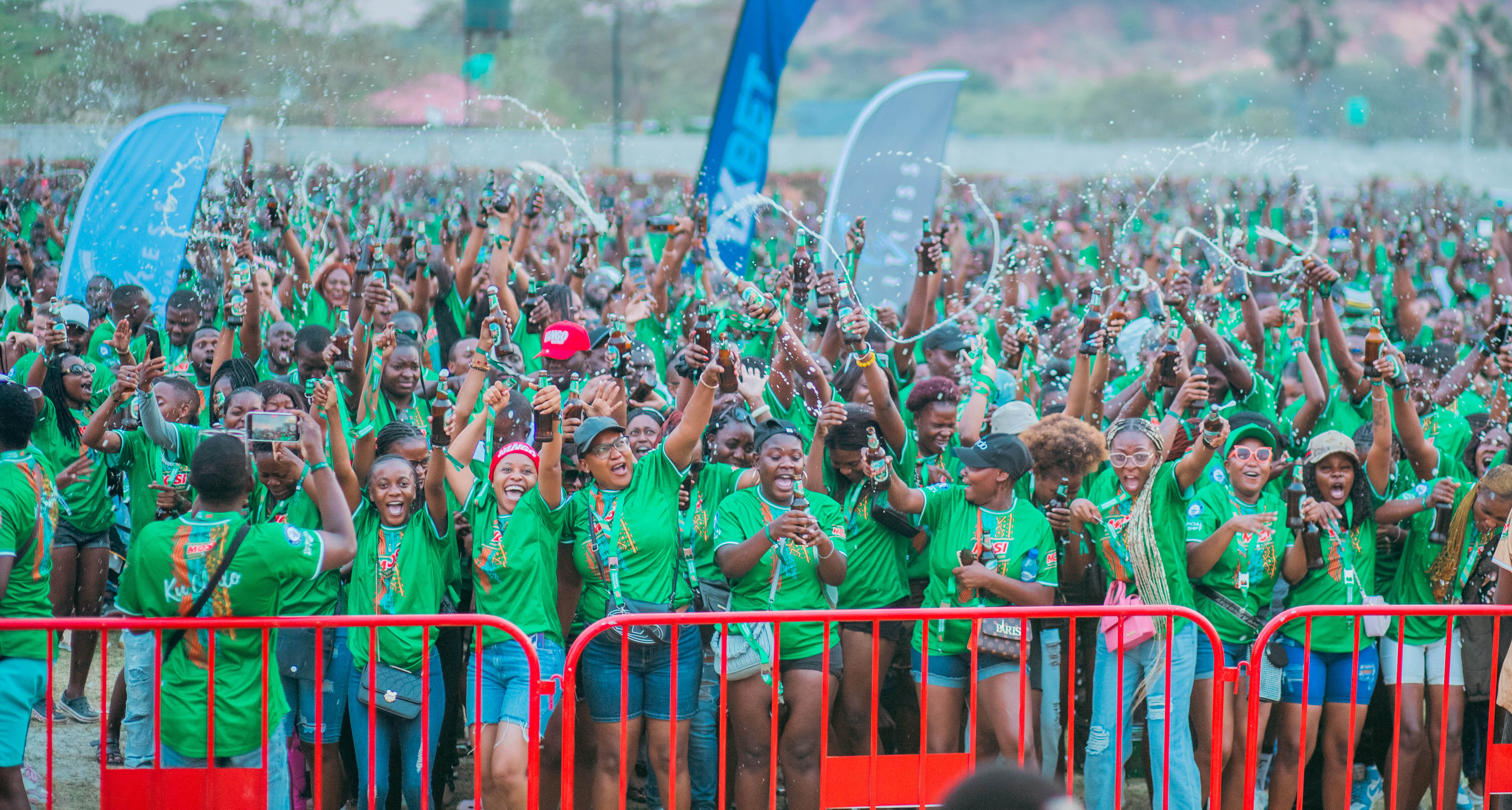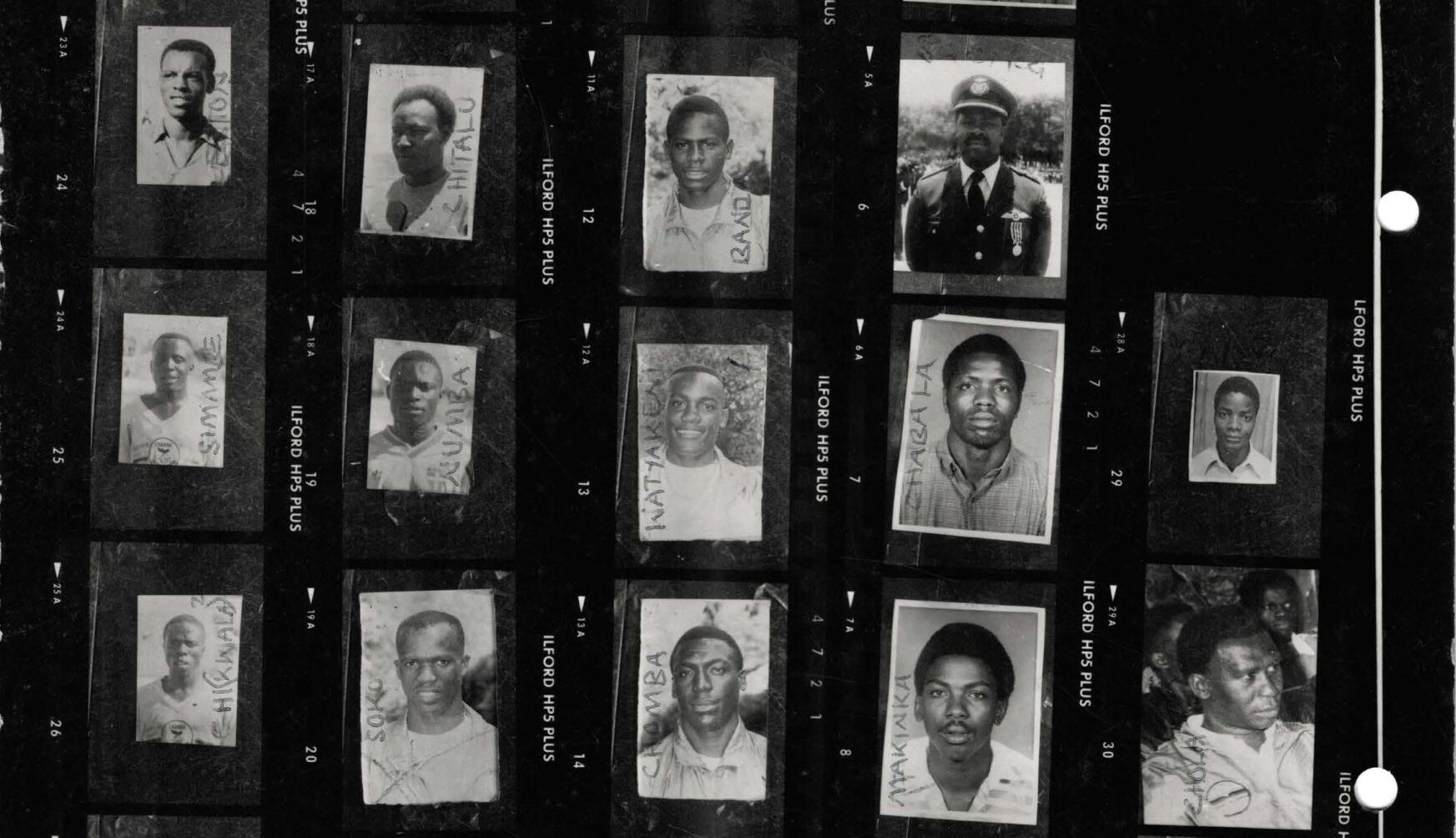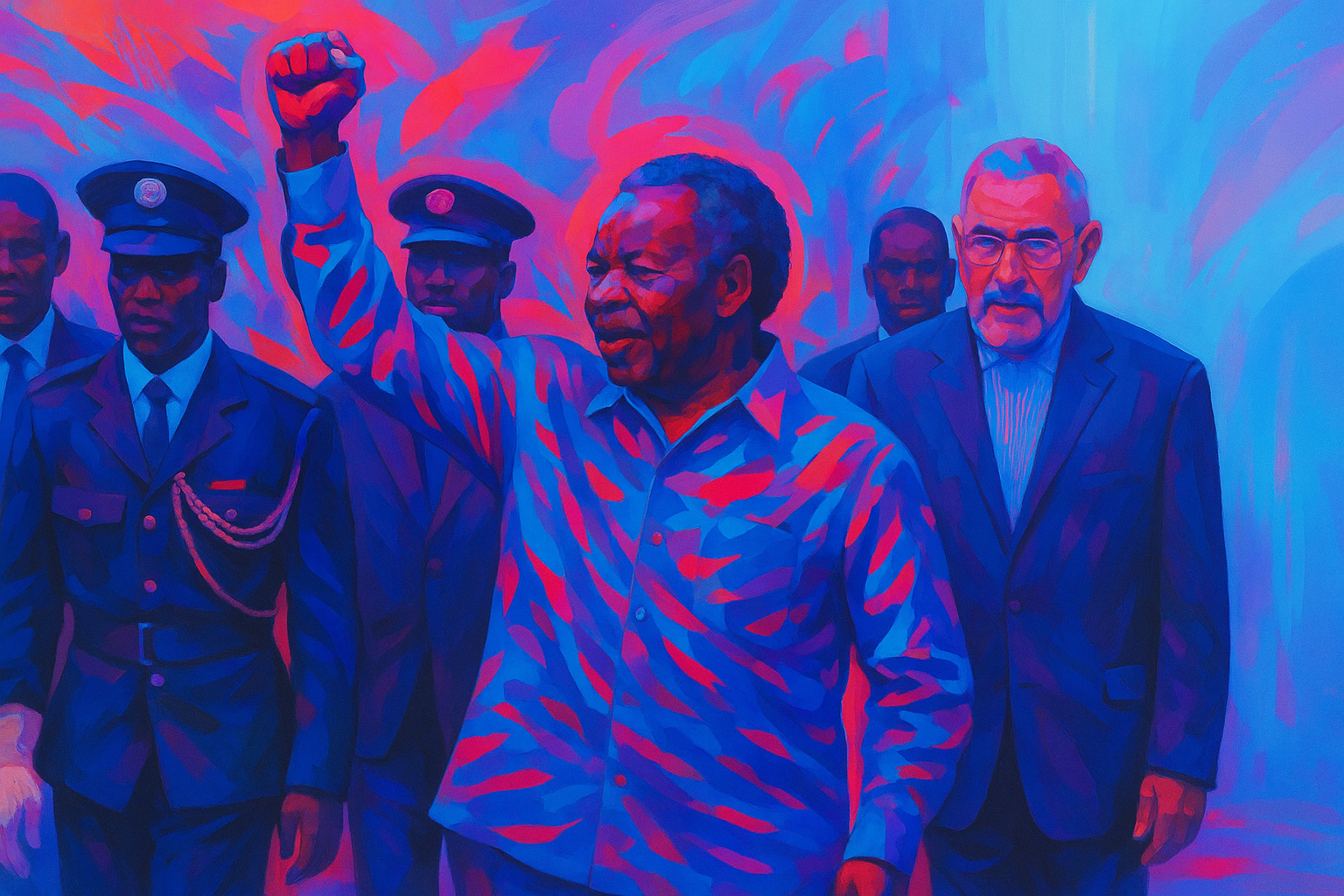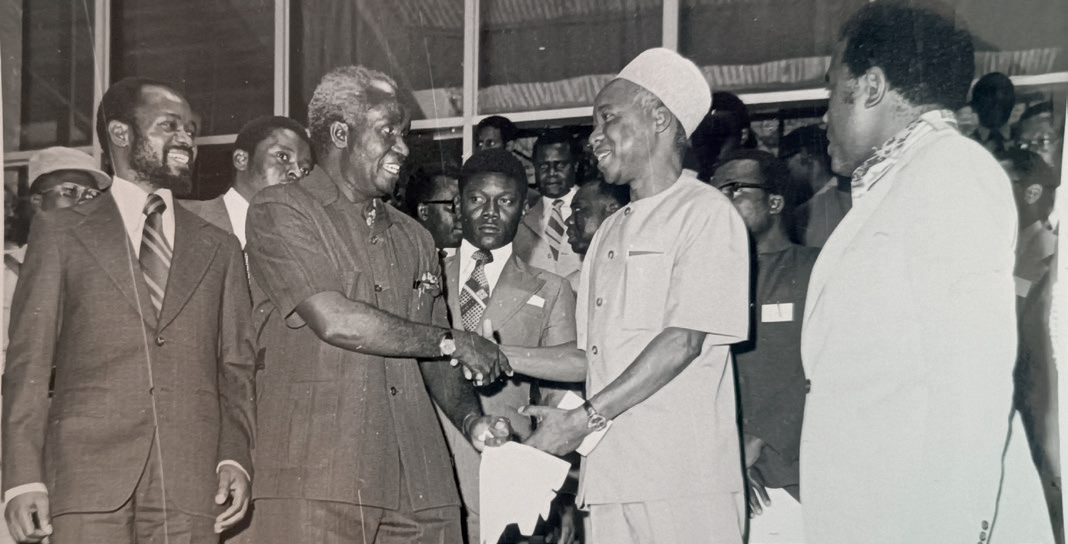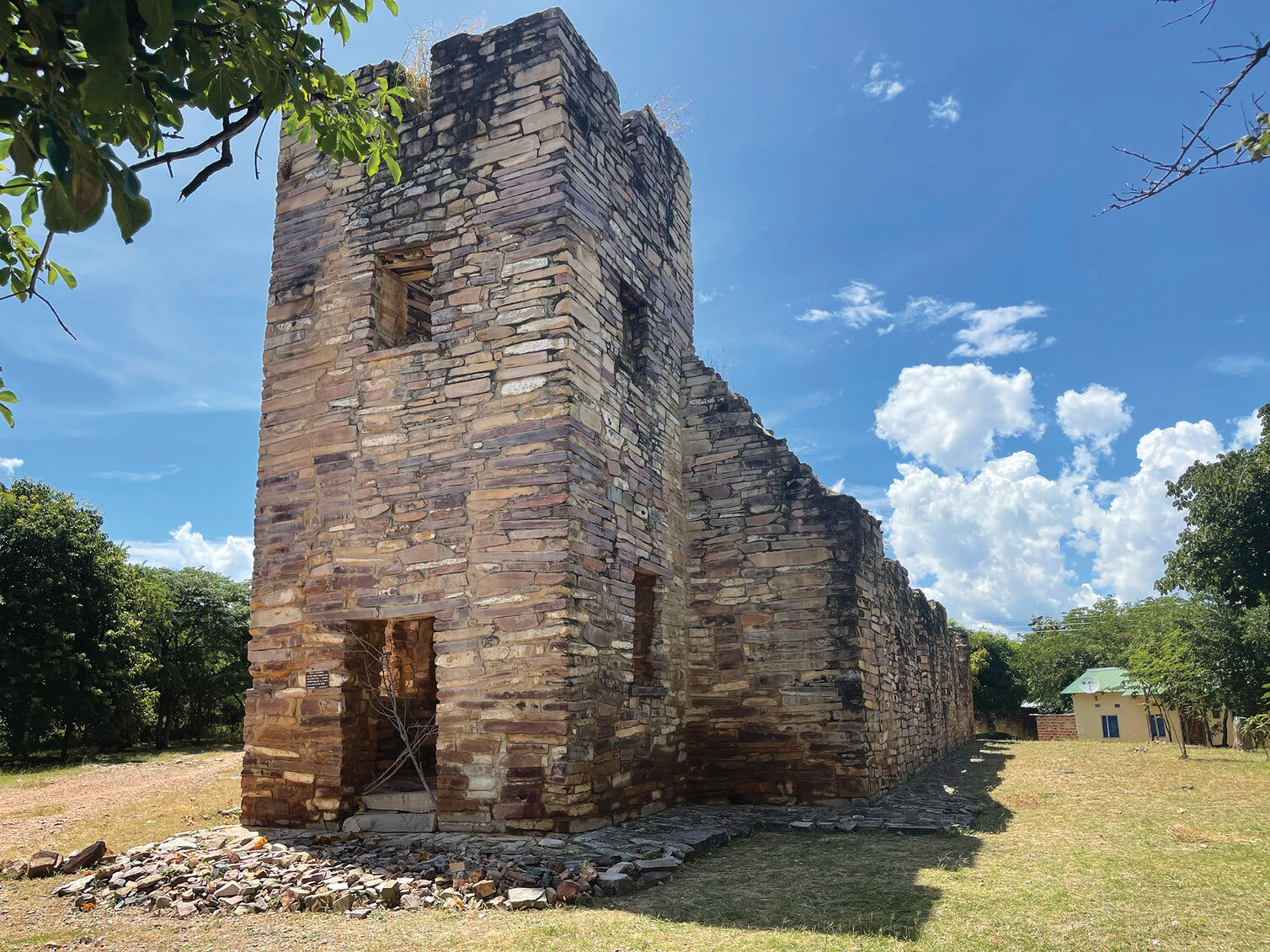When Zambia’s freedom fighters are mentioned, names like Simon Mwansa Kapwepwe, Harry Mwaanga Nkumbula, Mainza Chona, and Kenneth Kaunda are often at the forefront. While these men played pivotal roles in the country’s struggle for independence, the contribution of women is often overlooked. Yet, many courageous women stood shoulder to shoulder with their male counterparts, risking their safety and livelihoods to fight for the nation’s freedom. Three remarkable women who shaped Zambia’s independence stand out: Nakatindi Nganga, Chibesa Kankasa, and Julia Chikamoneka; these are their stories.
Nakatindi Nganga: A Pioneer in Politics
Nakatindi Nganga Yeta broke new ground by becoming the first woman to contest and win a parliamentary seat in 1962. Her victory was a significant milestone for women in Zambia and the independence movement. While women’s role in the struggle for freedom is often attributed to the support rendered in the private domain of their homes, little is celebrated of the women who believed they were just as capable as men to take up leadership positions.
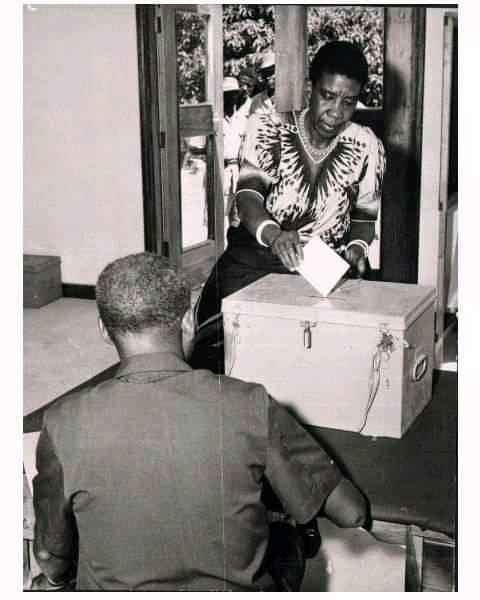
After Zambia’s independence in 1964, she was appointed as the first female Minister of State. In 1966, the Barotse Royal Establishment installed her as Chieftainess of Sesheke District in the Western Province.
Born into Lozi royalty as the daughter of King Yeta III, Nakatindi’s leadership challenged the traditional roles assigned to women, as both colonialism and some cultural practices held women back. She proved that women could hold positions of power in both politics and traditional governance. Her story serves as an early example of gender equality in Zambia, showing that women were as capable as men in shaping the country’s future.
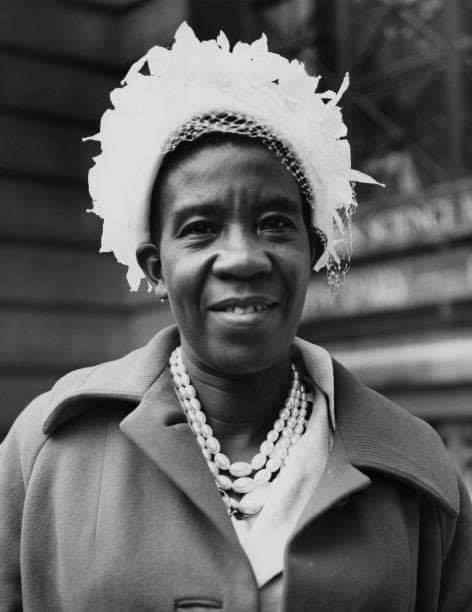
Chibesa Kankasa: Beyond the Kitchen, Into the Movement
Chibesa Kankasa’s journey into political activism began at home. Her husband, Timothy Kankasa, often hosted politicians like Kenneth Kaunda, Simon Kapwepwe, and Harry Nkumbula at their house. Chibesa’s role initially involved cooking for the guests, but she soon realised she wanted to be more than a supportive figure in the background. In 1955, she joined the independence movement and became deeply involved in political activities.
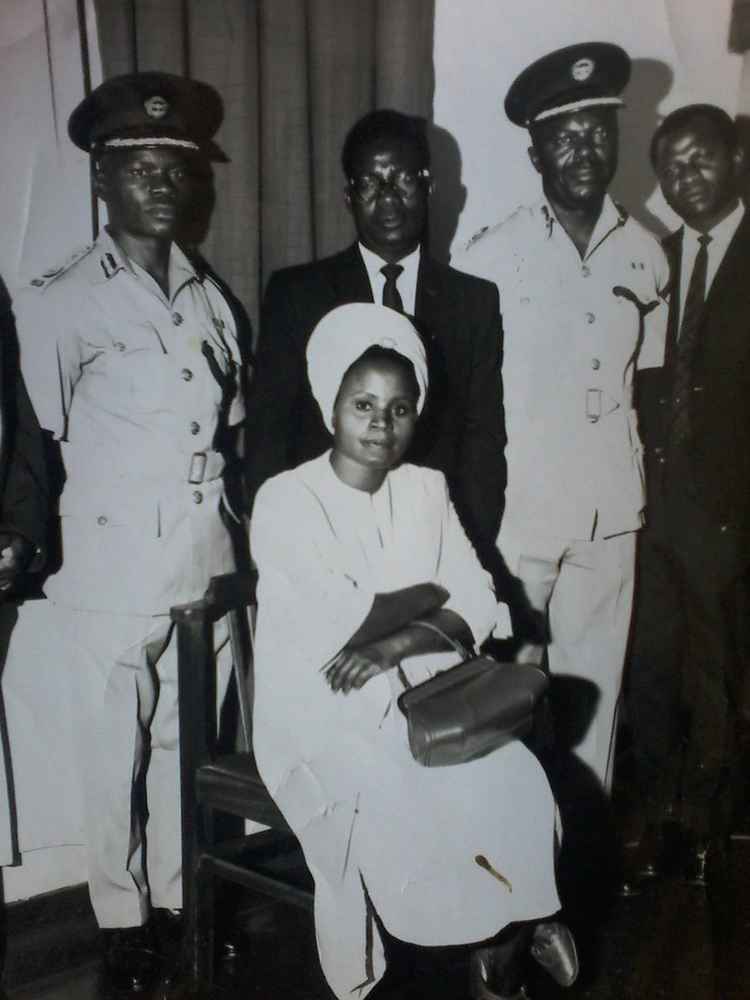
Chibesa Kankasa went on to serve in key government positions, including as a Member of the Central Committee (MCC) in the ruling UNIP party. From 1969 to 1988, she held the post of Minister for Women’s Affairs, working tirelessly to promote women’s involvement in politics and governance. In recognition of her service, the late President Levy Mwanawasa awarded her the Order of the Eagle, Second Division, one of the nation’s highest honors.
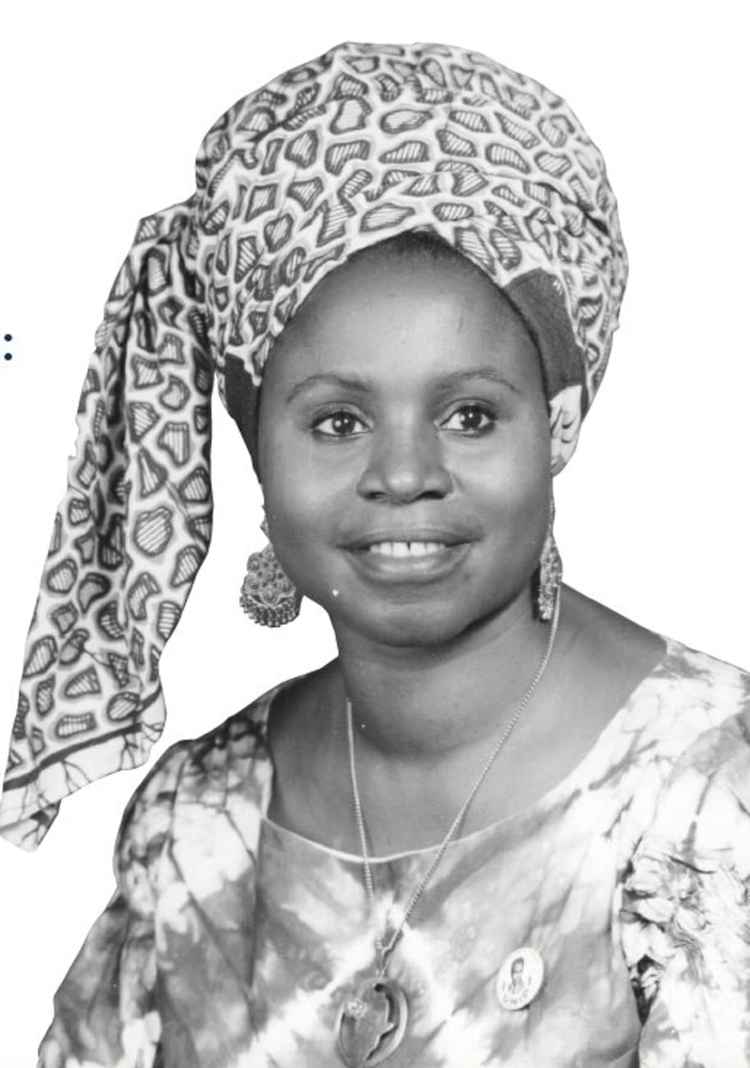
Julia Chikamoneka: A Fearless Freedom Fighter
Julia Mulenga Lombe ‘Chikamoneka’, known affectionately as "Mama Chikamoneka," was born between 1904 and 1910 in Kasama. She was the daughter of Mulenga Lombe, a First World War veteran and grandson of Chief Chitimukulu. Mama Chikamoneka’s activism was deeply rooted in the community, where she mobilised market women and formed protest groups under the Northern Rhodesia African Congress (NRAC), which later evolved into the African National Congress (ANC).
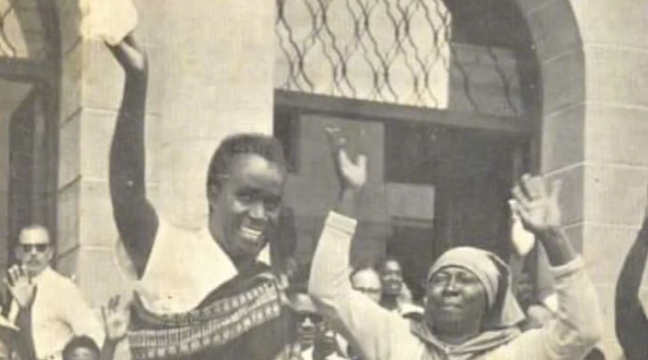
Chikamoneka’s methods were bold and unorthodox. She organised boycotts against shops that discriminated by race and rang a tin filled with stones at night to call people to political meetings. Her efforts earned her respect, but they also led to frequent arrests. Despite the risks, Mama Chikamoneka remained undeterred. She became one of the founding members of the Women’s Brigade (later the Women’s Wing), a group that raised funds and provided support for the independence movement.
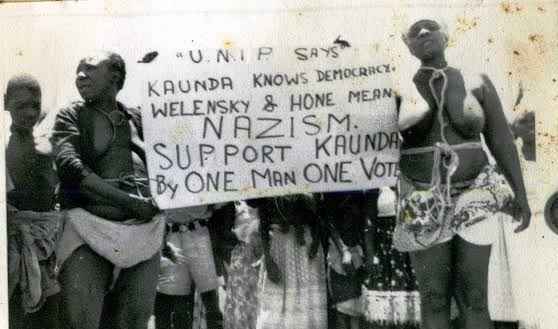
In one of the most symbolic acts of protest, Mama Chikamoneka, along with fellow activists, marched to the District Commissioner’s office in 1960. They demanded justice for imprisoned leaders and protested discriminatory practices. During the march, they stripped naked, a powerful gesture that highlighted the deep frustration and determination of the women fighting for freedom. This protest became a turning point, demonstrating that women were not mere spectators but active participants in the struggle for independence.
Honoring the Legacy of Zambia’s Woman Freedom Fighters
These women—Nakatindi Nganga, Chibesa Kankasa, and Julia Chikamoneka—represent just a few of the countless women who fought for Zambia’s freedom. They did not just support their male counterparts; they led protests, contested elections, and held government positions, often at great personal risk. Their contributions were instrumental in shaping the Zambia we know today.
